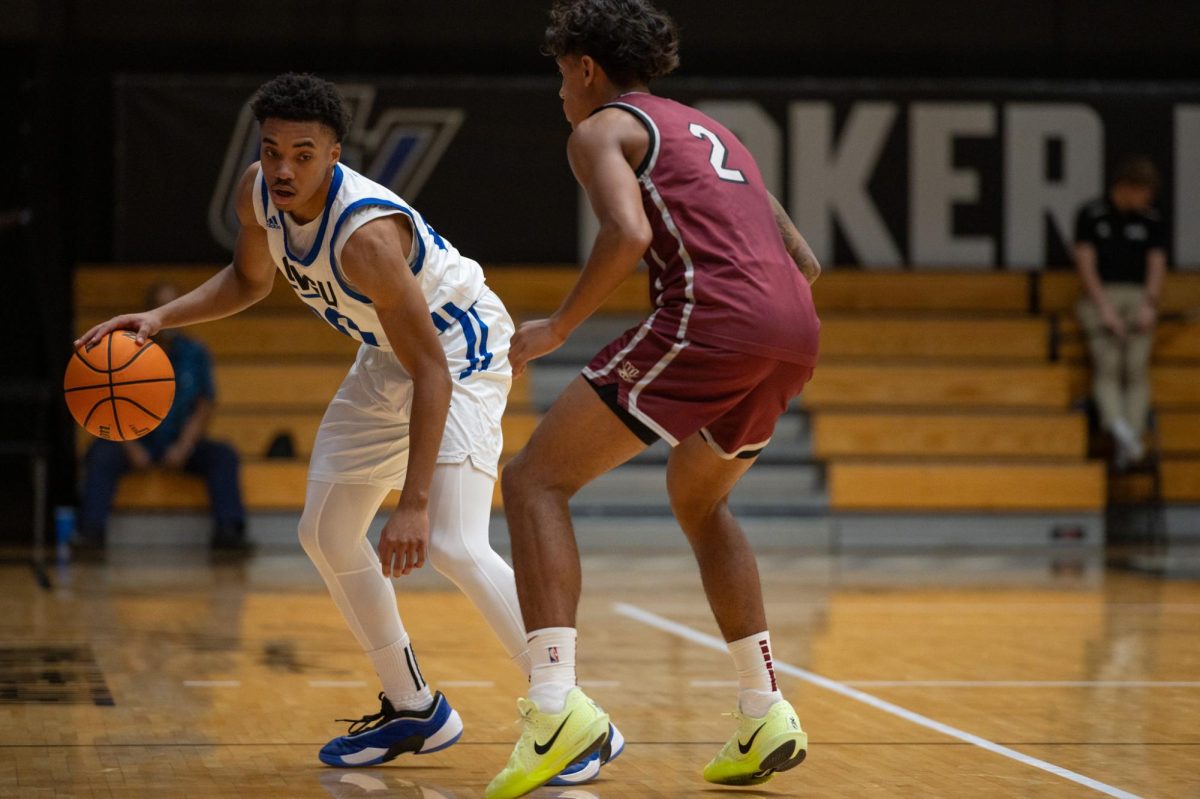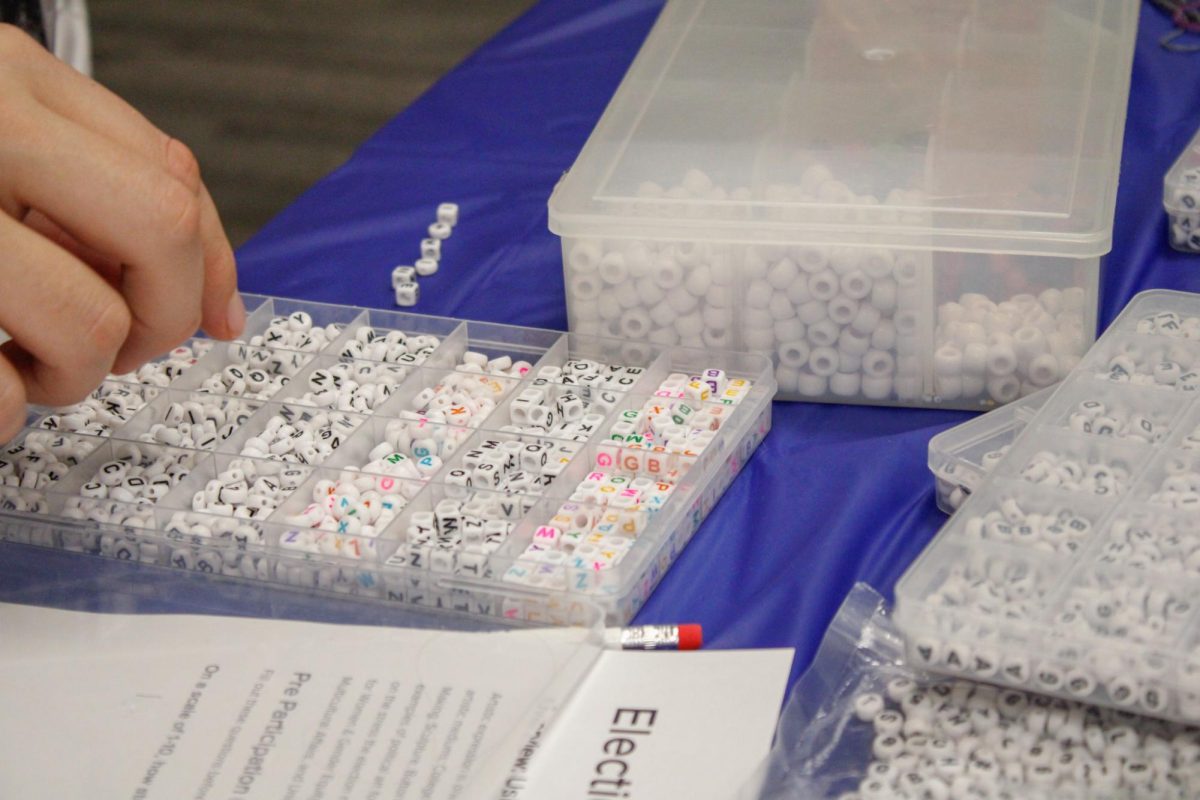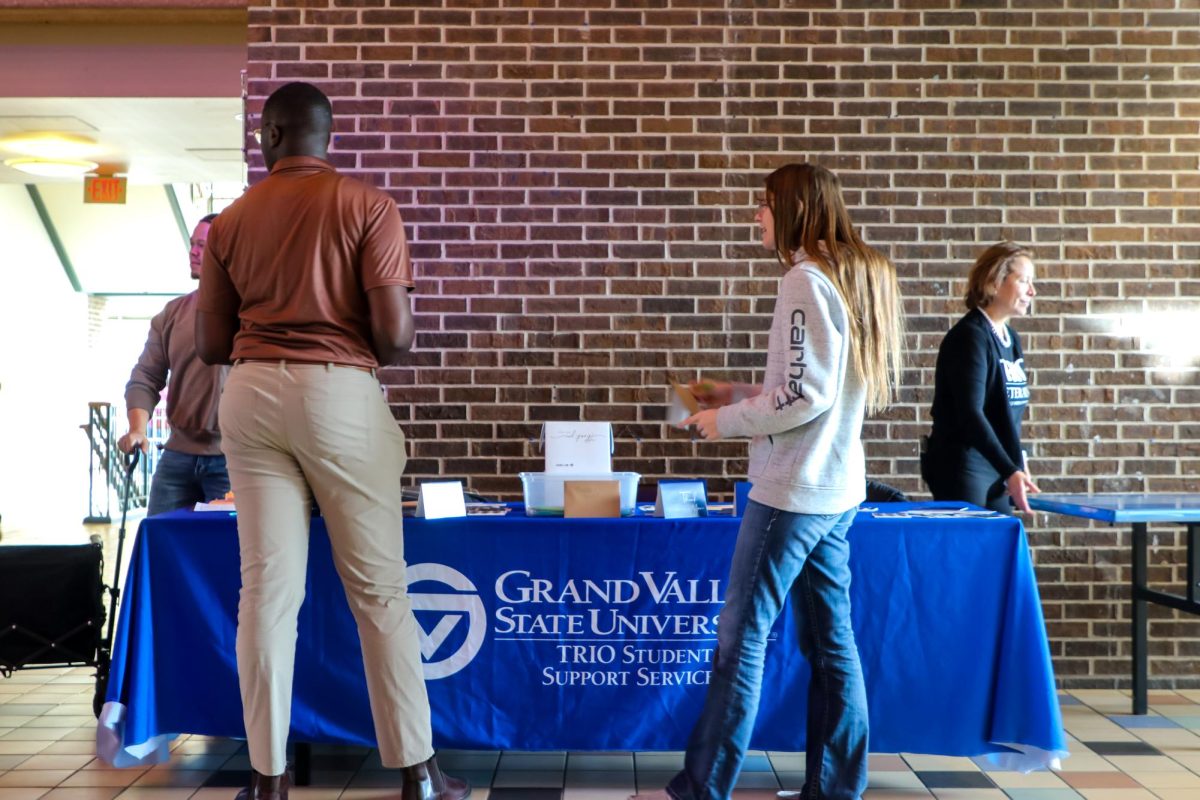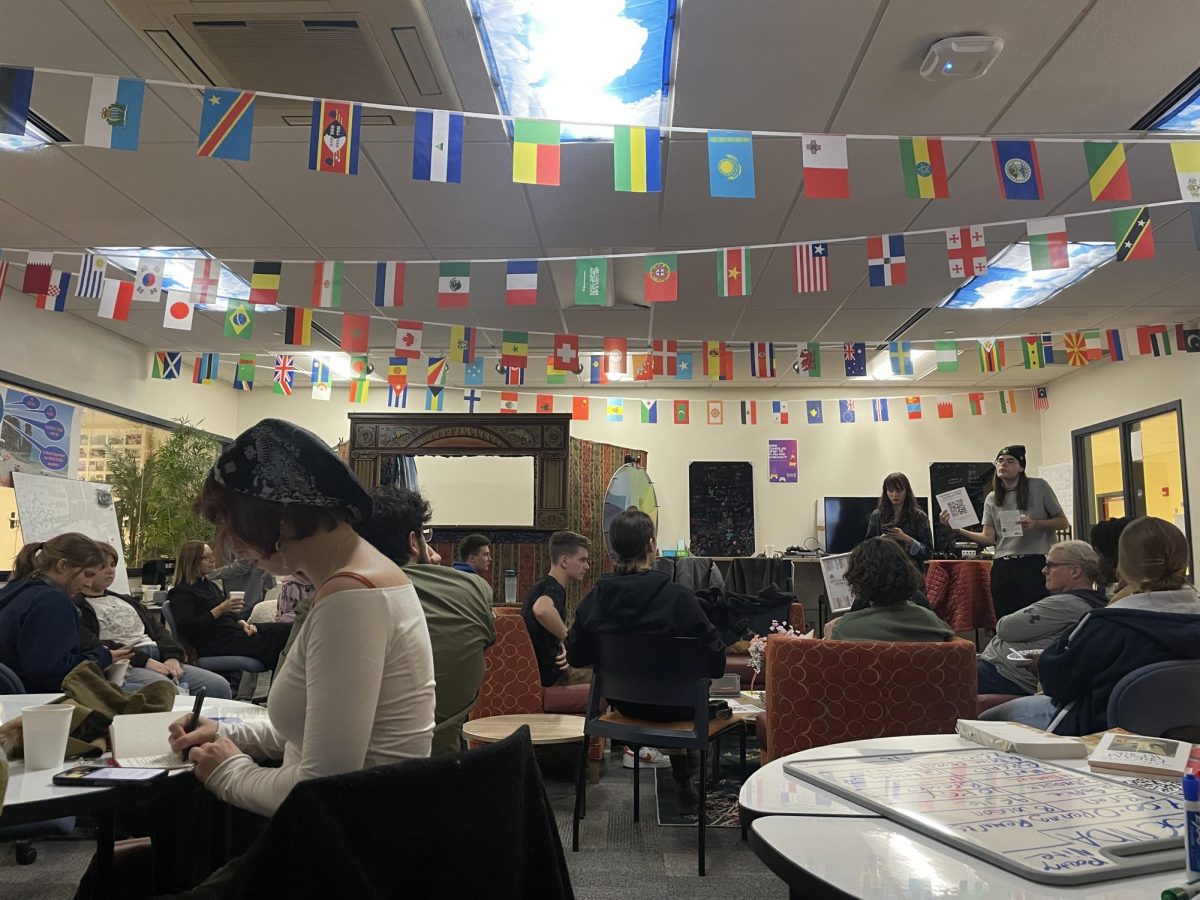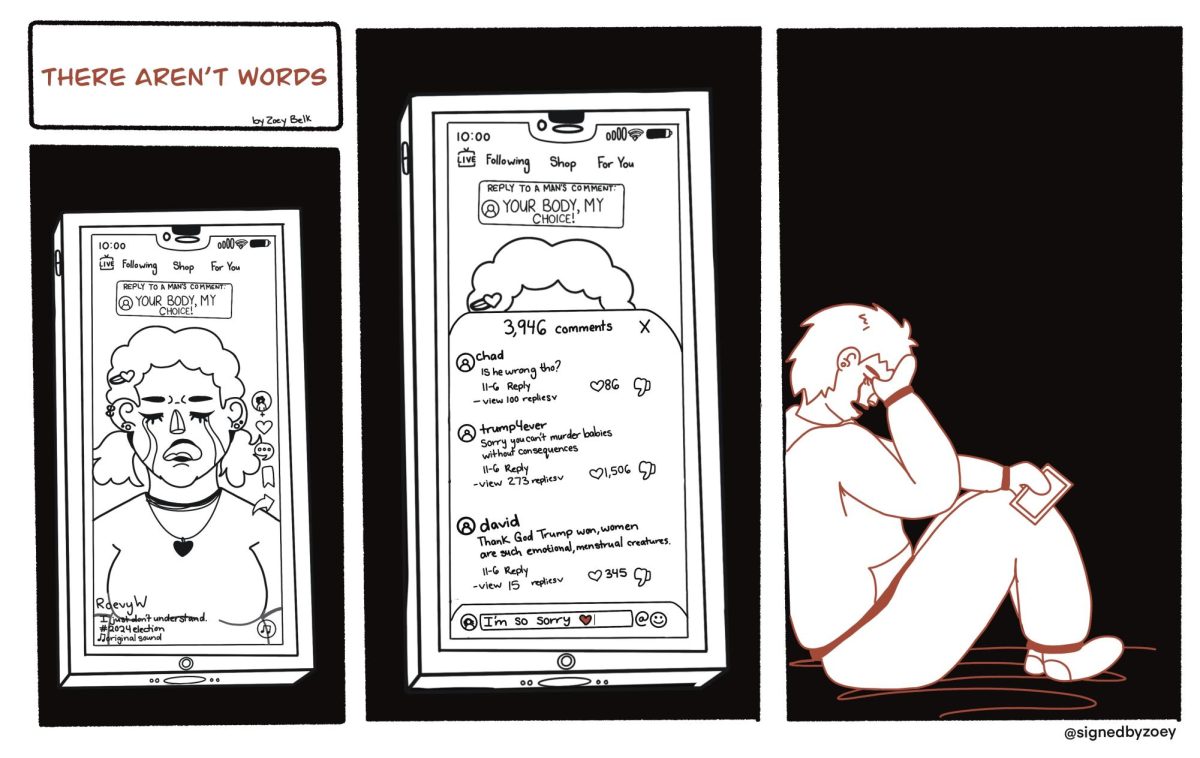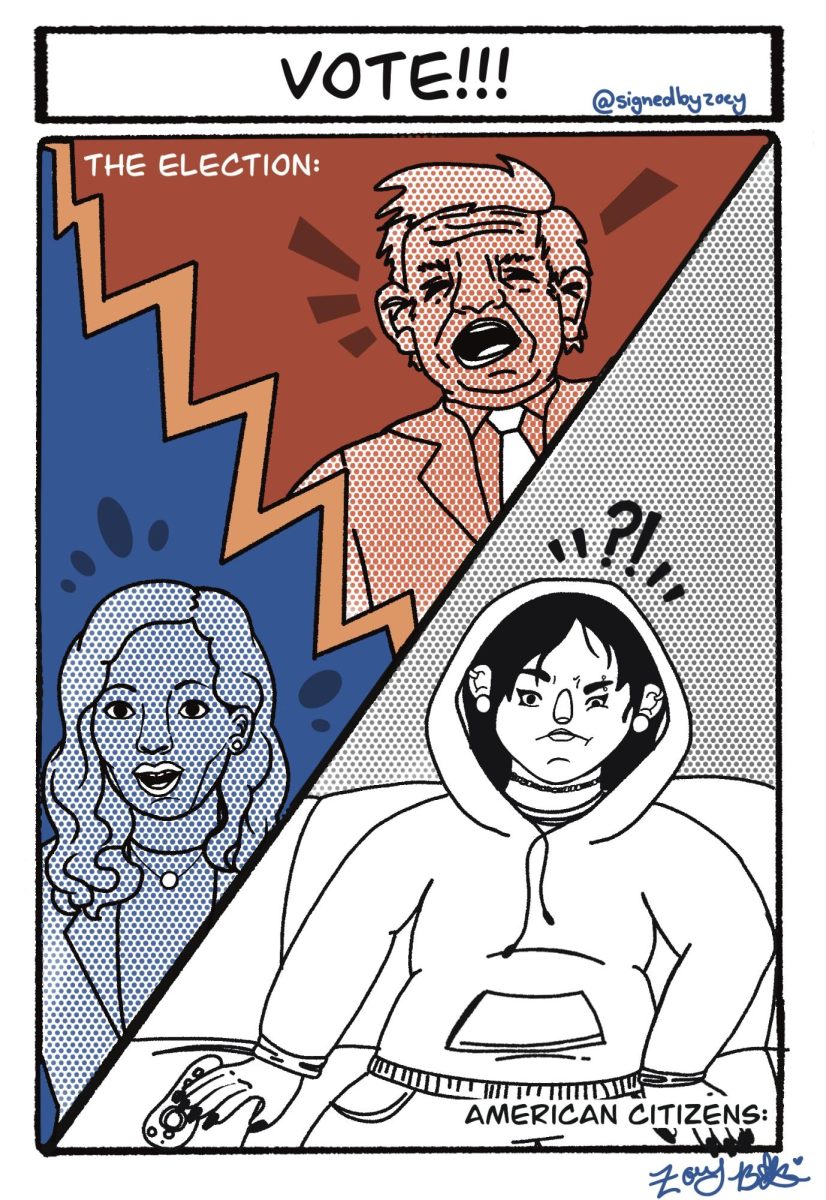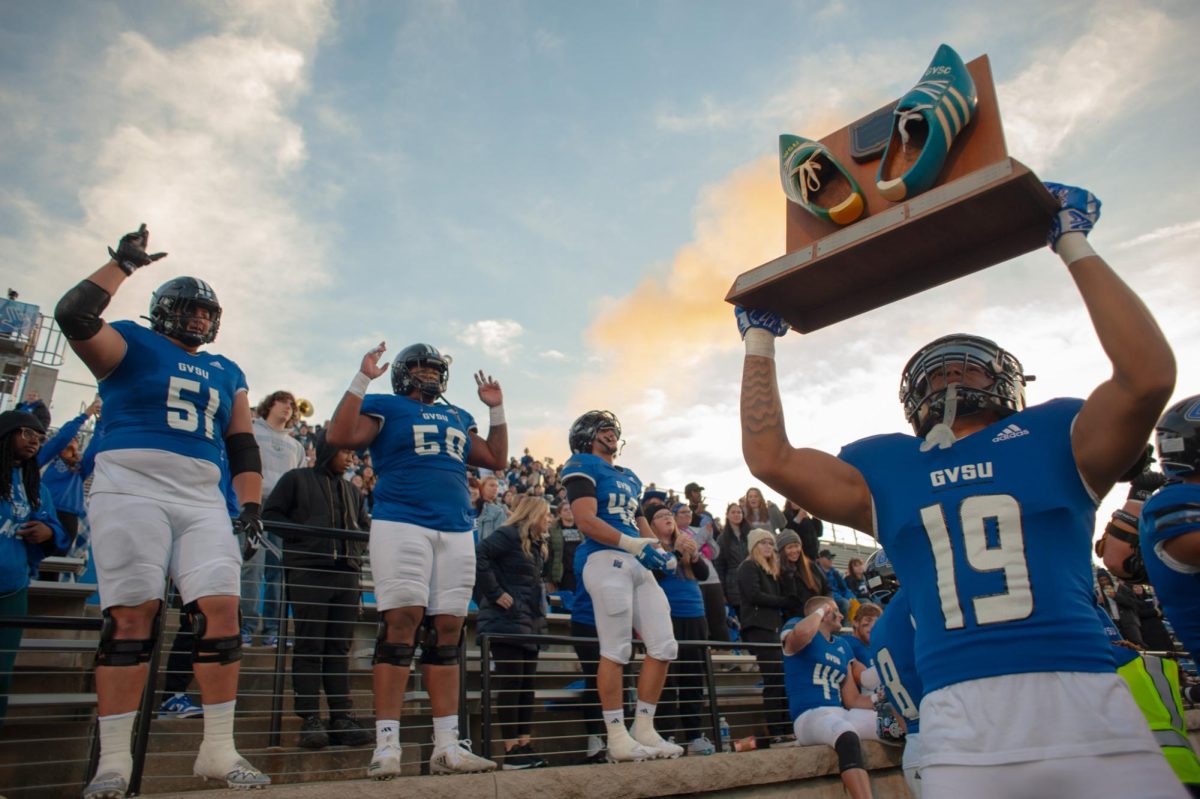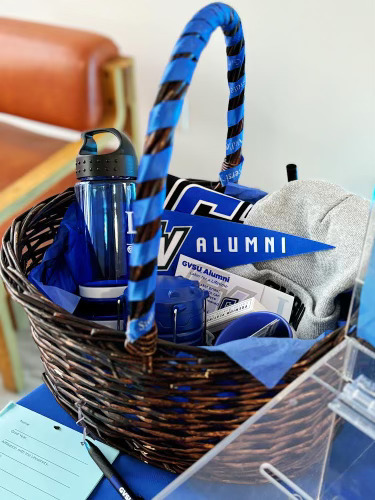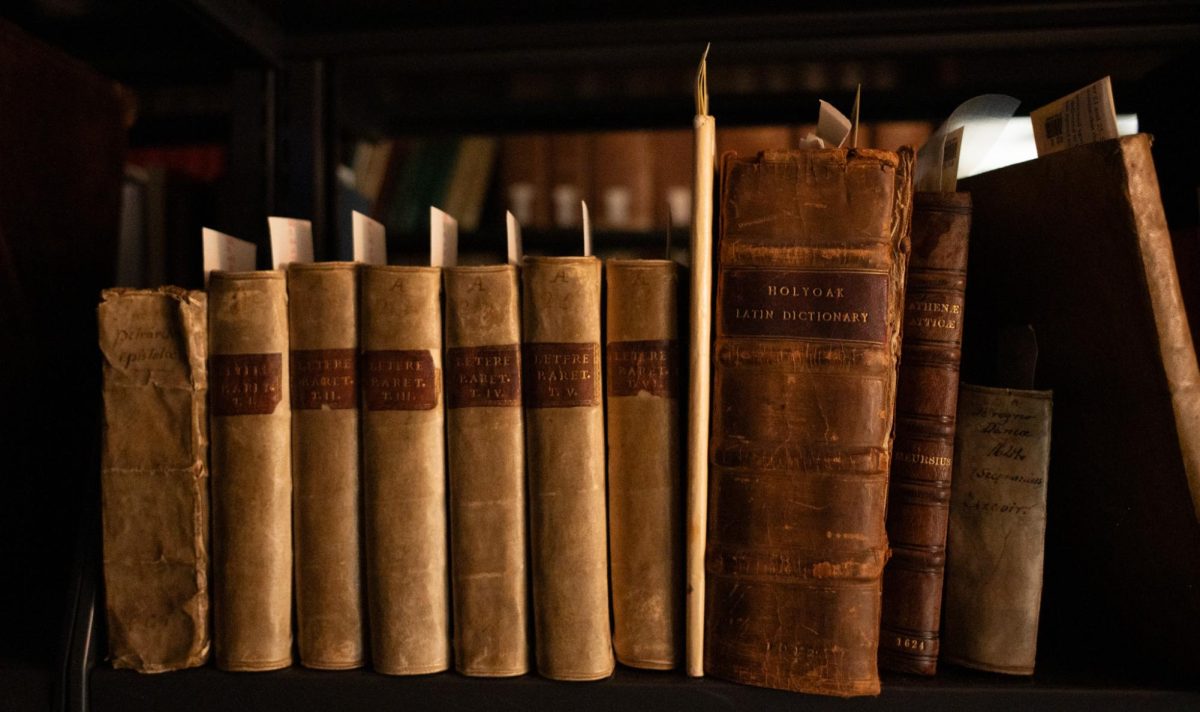Jimmy Carter sheds light on sexual assault at GRCC
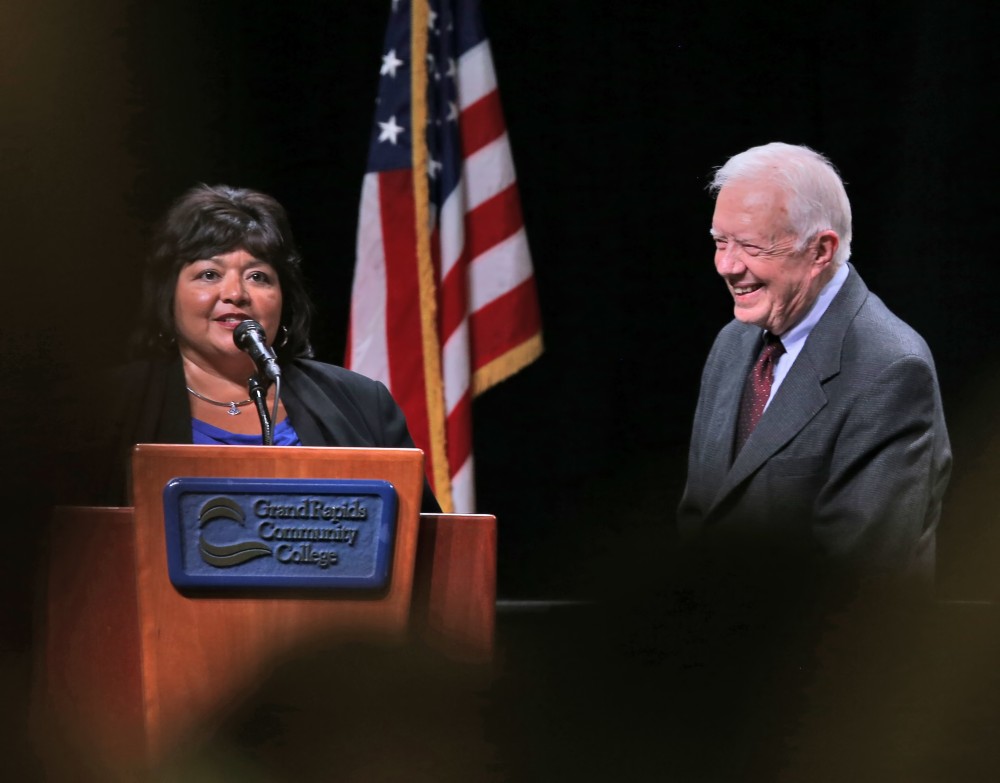
GVL/Kevin Sielaff Former President Jimmy Carter
Sep 24, 2014
In 1978, former U.S. President Jimmy Carter said, “Human rights is the soul of our foreign policy, because human rights is the very soul of our sense of nationhood.”
Since Carter has been out of office, he and his wife, Rosalynn, have been working on improving human rights around the world through the Carter Center.
In celebration of Grand Rapids Community College’s 100th year, as well as the 20th year of their popular diversity lecture series, Jimmy and Rosalynn Carter spoke at GRCC on Monday evening about their work with the Carter Center and Jimmy Carter’s new book, “A Call to Action: Women, Religion, Violence, and Power.”
For Carter, he feels a draw to Grand Rapids because of the city’s ties with his friend, Gerald R. Ford.
“Grand Rapids has a special hold on my heart,” Carter said.
The Carters spoke in detail about their travels around the world and the humanitarian work they have participated in. However, the president expressed his surprise at the trend of rights inequality he observed for women across the globe.
“There are terrible abuses of women and children that we don’t even want to admit,” Carter said.
Most surprising to President Carter was that these inequalities are prevalent in America too.
Carter noted the 23-cent pay gap between the average male and female worker in the U.S., and he also touched on sexual assault on college campuses.
“The average woman who enrolls in a U.S. university is sexually assaulted one out of five [sic] before she finishes four years,” the former president said.
According to the New York State Coalition Against Sexual Assault, the statistic is even higher. The coalition places the probability of a female being a victim of sexual violence on a college campus at 25 percent.
At Grand Valley State University, that would mean that theoretically, 3,739 female students out of the total 14,955 female students are victims of sexual assault.
However, according to the GVSU Annual Security and Fire Safety report, there were nine reported cases of sexual assault in 2012.
According to Carter, though, this disparity is not surprising.
“When a girl is raped in the military, they are discouraged from making any kind of report,” Carter said. “Forty-one percent of all the senior universities have not reported a single case of sexual assault in the last five years.”
According to Carter, there were 26,000 cases of reported sexual assault in the U.S. military.
“These facts are horrible, but they’re not known,” Carter said. “There’s no reason in the world why my granddaughters or great granddaughters should face a world where they would be the subject of quiet and unacknowledged discrimination or persecution.”
For those at GVSU that feel they have been or may have been sexually assaulted, visit the Women’s Center in the Kirkhof Center or online at www.gvsu.edu/women_cen for resources and support.













